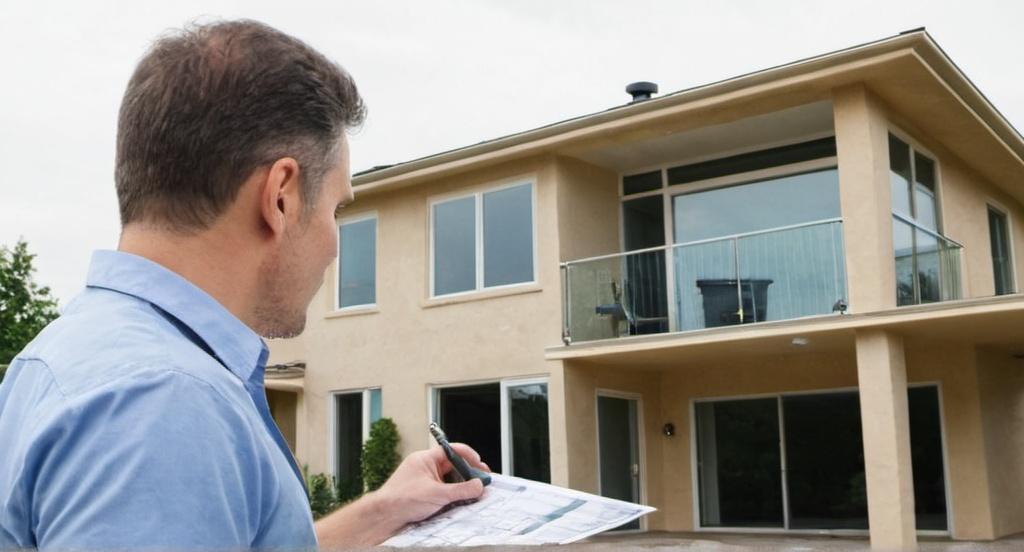Key Take Aways about Short-Term vs. Long-Term Commercial Leases: What’s Best for You?
- Short-term leases offer flexibility and are ideal for start-ups or testing locations.
- Short-term leases may have higher rent and frequent renegotiations.
- Long-term leases provide stability, lower rent, and space customization.
- Breaking a long-term lease can be costly and challenging.
- Financial comparison: Short-term (higher rent, high flexibility), Long-term (lower rent, low flexibility).
- Decision depends on business phase and market conditions.
- Legal advice is recommended to align lease terms with business plans.

Getting to Grips with Short-Term vs. Long-Term Commercial Leases
If you’re a business owner or an enterprising up-and-comer looking for a place to call your own, you might be pondering whether a short-term or long-term commercial lease is your best bet. It’s not just a coin flip—there’s a bunch involved in deciding which type of lease suits your needs.
The Ins and Outs of Short-Term Leases
Short-term leases, which often range from a few months to a couple of years, can be ideal for businesses looking for flexibility. Whether you’re starting up and watching every penny or testing a new location to see if the foot traffic lives up to expectations, short-term leases let you keep your options open without a massive commitment. Think of it like dating before diving into the lifelong commitment of marriage.
One of the perks is that if business isn’t booming in one location, you can pack up and move without much hassle. Plus, it can be easier to negotiate rent terms as landlords are often eager to fill the space. You can take advantage of being in-demand, especially if you catch a landlord who’s itching to keep things occupied.
That said, the thrill of freewheeling flexibility comes with some downsides. Short-term leases can have higher monthly rent compared to their long-term counterparts. Landlords may increase prices upon renewal or kick you out for someone willing to pay more. There’s also the never-ending hustle of potentially renegotiating your lease or looking for new digs more often.
Diving into the Long-Term Lease Arena
Now, picture yourself in a long-term lease. These leases typically run for five to ten years, offering a more stable, predictable setup for businesses that are in it for the long haul. If you’ve got roots, a long-term lease can be pretty comforting, like a pair of well-worn slippers.
The benefits here are substantial. You can often secure a lower monthly rent because you’re guaranteeing the landlord a steady income over a longer period. Your business becomes a staple in the community, gaining momentum and familiarity among locals. Also, you’re likely to have more leverage to tailor the space specifically to your business needs.
However, be careful what you wish for. A long term lease can be as unyielding as a rock. If the location doesn’t pan out as anticipated, or your business needs drastic changes or downsizes, breaking a long-term lease can be challenging and costly. You’re tied to that space for better or worse, and subleasing can sometimes be a hassle if it’s even an option.
Costs Comparison
A side-by-side glimpse at financial implications helps pin down the financial commitments of both lease types:
| Lease Type | Monthly Rent Expense | Flexibility |
|---|---|---|
| Short-Term | Higher | High |
| Long-Term | Lower | Low |
Weighing the Decision
Choosing between short-term and long-term leases boils down to knowing your business phase. Start-ups might benefit from the sprightliness of a short-term lease, while an established brand might crave the stability of a long-term commitment.
The local market conditions and landlord policies can also play a significant role. In a bustling market, short-term leases might be harder to come by, while long-term agreements could provide an edge during negotiations.
Final Thoughts
Whether you choose short-term or long-term, always negotiate lease terms that align with your business plan. Getting professional help from a real estate attorney might save you a world of headache later on. They know the traps and legal tricks of the trade, ensuring your lease is more of a safety net than a straitjacket.
Navigating the lease waters isn’t something you do every day, so take your time. With the right thought and planning, your business will have a place to grow without feeling like you’ve been locked in a cage.